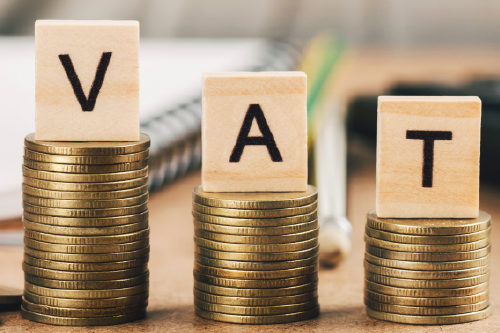VAT, or Value Added Tax, is a consumption tax imposed on the value added to goods and services at each stage of production or distribution. It is an indirect tax, meaning that the tax is ultimately paid by the end consumer, but it is collected and remitted by businesses at various points in the supply chain. VAT is an important source of revenue for governments and is used to fund public services and infrastructure.
VAT is a crucial aspect of the tax system, and it is important for businesses to charge VAT for several reasons.
Revenue Generation
VAT is a significant source of revenue for the South African government. The funds collected are used to finance public services such as healthcare, education, and infrastructure development.
Legal Requirement
South African tax law requires businesses with an annual turnover above a certain threshold to be registered and charged on their taxable supplies. Failure to comply with these regulations can lead to penalties and legal consequences.
Input Tax Credit
When a business charges VAT on its sales, it is also entitled to claim back as it has already been paid on its purchases and expenses. This system allows businesses to offset the VAT they collect against the VAT they pay, reducing their overall tax liability. This mechanism can improve a business’s cash flow and reduce the cost of doing business.
Competitive Advantage
Being registered can provide a competitive advantage because it allows a business to claim input tax credits. This can result in lower prices for customers compared to businesses that are not registered for VAT.
Compliance and Accountability
Charging VAT promotes transparency and accountability in business transactions. It ensures that businesses report their financial activities accurately to tax authorities, reducing the likelihood of tax evasion.
International Trade
For businesses engaged in international trade, charging VAT is often a requirement for importing and exporting goods and services. It ensures compliance with international tax regulations and facilitates cross-border transactions.





